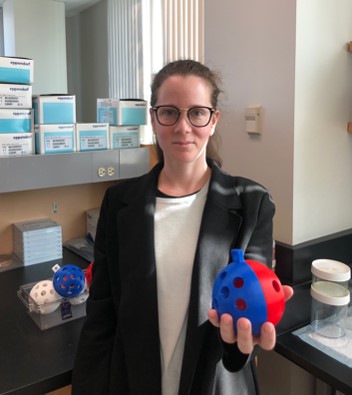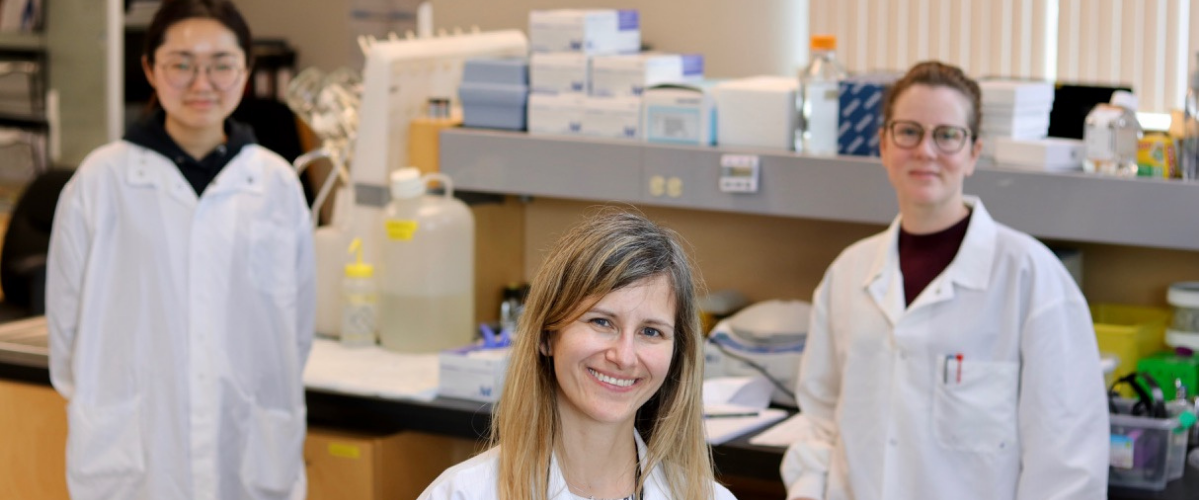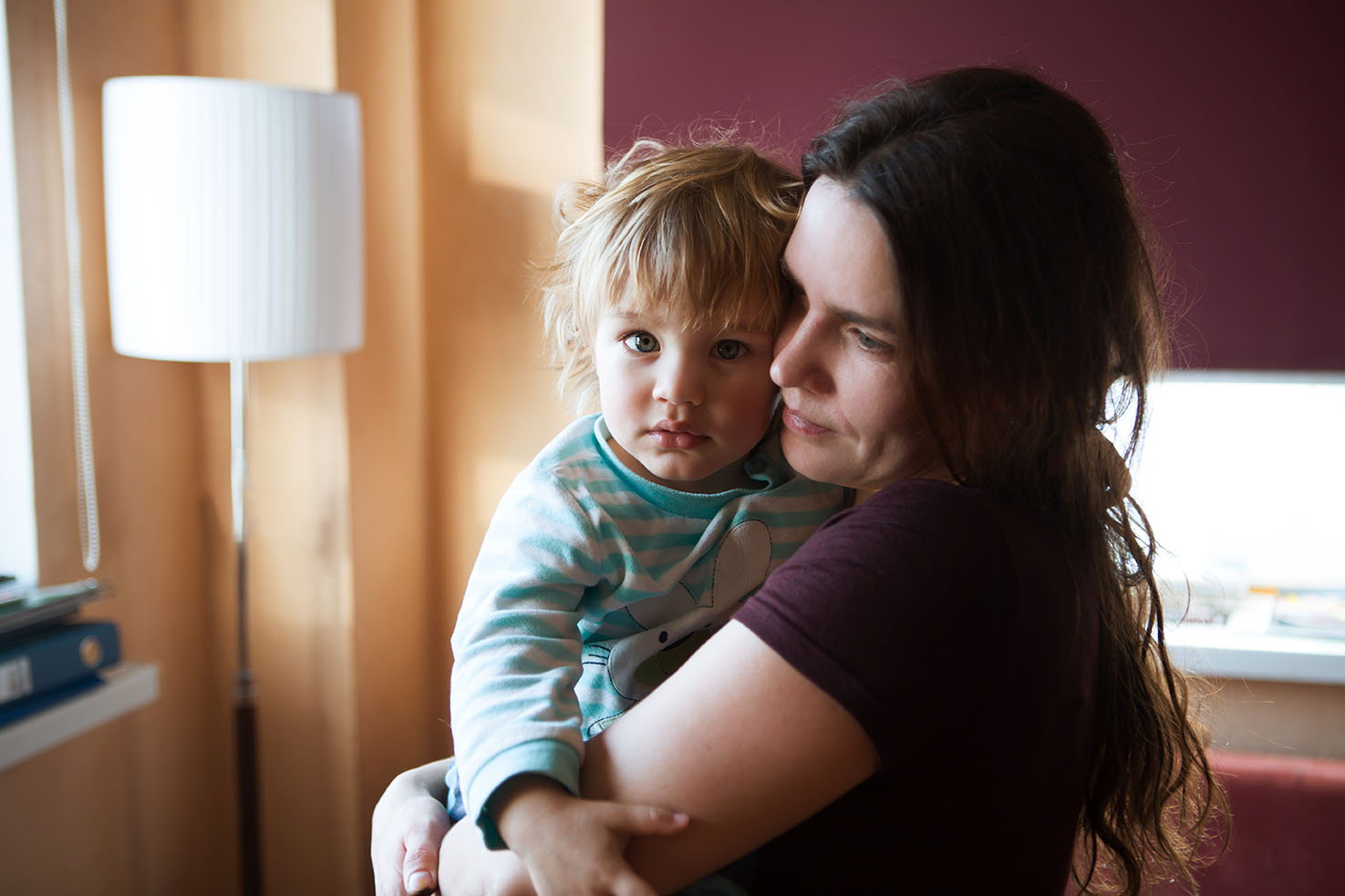Guest post by:
Dr Natalie Prystajecky
Clinical Associate Professor, Pathology and Laboratory Medicine, University of British Columbia
Program Head, Environmental Microbiology, BCCDC Public Health Laboratory
Dr Melissa Glier
Research Scientist, Environmental Microbiology, BCCDC Public Health Laboratory
Last summer, Dr Natalie Prystajecky (Principal Investigator) and Dr Melissa Glier (lead researcher) provided an introduction to wastewater testing for SARS-CoV-2. Here, Drs Glier and Prystajecky provide an update on research progress and how wastewater data continues to be used in the pandemic response.
Soon after the World Health Organization declared the global outbreak of COVID-19 a pandemic, the BC Centre for Disease Control (BCCDC) Public Health Laboratory (PHL) and Metro Vancouver began working together to test wastewater for SARS-CoV-2.
We quickly leveraged an existing collaboration, methods, and equipment for testing enteric viruses in wastewater to be able to test for SARS-CoV-2, the virus that causes COVID-19. But we weren’t the only lab in Canada doing this work–across the nation, researchers like us were developing and optimizing methods. To ensure that the methods used across Canada were robust and that the data were comparable, the Canadian Water Network’s COVID-19 Wastewater Coalition conducted an Inter-Laboratory Study, hosted by Canada’s National Microbiology Laboratory.



The goal of this study was to better understand the variability associated with methods that are being used in Canada, with a focus on method optimization. This study set the stage for sharing methods and data amongst Canadian experts to achieve the collective goal of rapid development of methods that can support public health. The study’s key finding and recommendations have been captured in an outcomes report and a publication where Dr Glier is the second author.
By participating in the inter-laboratory study, our team was able to optimize our methods and apply them to testing for SARS-CoV-2 in five wastewater treatment plants in Metro Vancouver, which cover nearly 50% of BC’s population and located within two regional health authorities.
The SARS-CoV-2 wastewater data is compared to trends in the incidence of community cases by BCCDC’s public health physician Dr David McVae, medical geographer Sunny Mak, and data analyst Michael Kuo. Weekly reports are shared with medical health officers and epidemiologists at the regional health authorities, staff at the BCCDC and Metro Vancouver. In addition, Metro Vancouver launched an online tool which allows residents to track the SARS-CoV-2 viral load in wastewater at each of the region’s five treatment plants. The results (wastewater data graphed with the case data over time) are also available online within the bi-weekly BC COVID-19 Data Summaries.
Furthermore, last year we collaborated with UBC’s assistant professor Dr Ryan Ziels and PhD student Xuan Lin to develop methods to detect SARS-CoV-2 variants of concern in positive wastewater samples. This project led to the development of a rapid sequencing method (3-day) to effectively track COVID-19 variants of concern within a region. More details pertaining to this study can be found on the UBC News website and in this publication.
Our team continues to work on method development and recently adopted an alternative sampling method. For the work to date, we have focused on sampling from wastewater influent (as the wastewater enters the wastewater treatment plant). This allows us to test wastewater from an entire community.
We are now evaluating a method to test wastewater as it exits a building; this allows us to test the wastewater for a specific community. Wastewater samples are collected by placing a testing device called the COVID-19 sewer cage (COSCa) into a manhole as wastewater exits a building.


The COSCa device, which is 3D printed, was created by PhD student Emalie Hayes at Dalhousie University and emphasizes the role of innovation in responding to the pandemic. We are using the COSCa sampling method, in collaboration with the Ziels laboratory, to investigate SARS-CoV-2 and the variants of concern in wastewater discharged from UBC residences. By the end of the project, we will have developed a robust wastewater testing program to support public health decision makers respond to the COVID-19 pandemic in BC.

We are already starting to plan for wastewater testing beyond COVID-19, with an aim to build a comprehensive enhanced wastewater surveillance system for BC. This includes adding additional testing targets of public health concern, such as for surveillance of flu, foodborne pathogens or organisms carrying antimicrobial resistance. We anticipate the wastewater-based testing will have an important role in surveillance systems of the future.
We’d like to recognize our funders: the BCCDC Foundation for Public Health, NSERC, Metro Vancouver, and Health Canada.
We also recognize the enormous contribution of our team and collaborators, including the team that processes and tests the samples: Liam Byrne and Tina Lee (current coops), Tenysha RossVanMierlo, Matthias Krushel, Ziwen Ran (previous co-ops), and Jennifer Kopetzky (technician). We recognize the contributions of the following as well; Christine Tchao, Daisy Yu, Tracy Chan, Dr John Tyson (BCCDC PHL); Dr Ryan Ziels, Xuan Lin, Kevin Kuchinski, (UBC); Dr David McVea, Sunny Mak, Michael Kuo (BCCDC) Farida Bishay, Alvin Louie, Daisy Espinosa, Dr Andjela Knezevic-Stevanovic (Metro Vancouver), Dr. Chand Mangat, Dr. Michael Mulvey, Dr. Anil Nichani (NML/PHAC); Dr. Alex Chik, Bernadette Conant, and Dr. Steve Hrudey (CWN).



